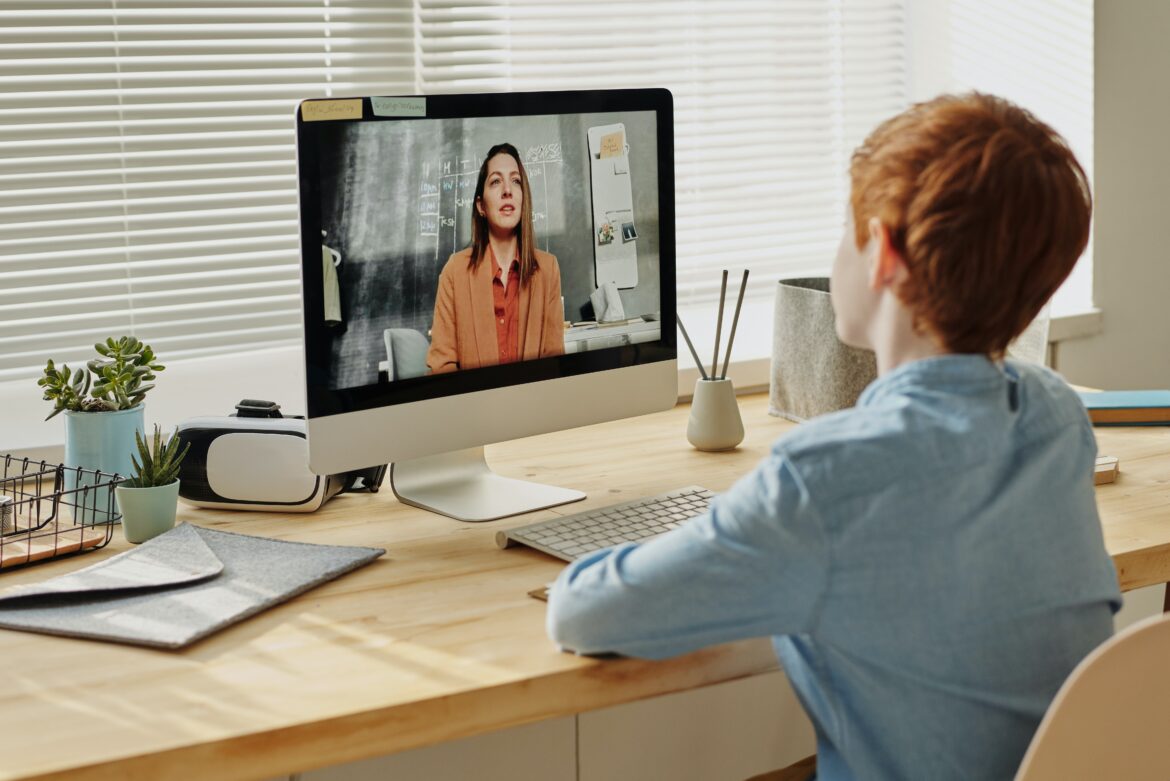There is no mistaking that the COVID-19 pandemic has had a substantial impact on nearly every aspect of our lives. From changes in our workplaces and schools to our ability to go out with friends to the people we feel safe seeing over the holidays — COVID has changed everything. The social, economic, and health impacts have been profound.
Difficulties associated with the pandemic are true in adult lives, but they are also a reality for the younger generations. Whether they are old enough to understand what is going on or not, COVID has most certainly impacted the lives of our children in long-lasting ways. Some have the benefit of spending more time with family members, while others are feeling the impacts of a more isolated adolescence with fewer opportunities to just be kids with peers.
For many young adults and children, coping with the fallout of the pandemic is something they are wholly unprepared for. It is a struggle that many are having trouble dealing with healthily. The value of remote counseling services for students struggling to deal with the impacts of the pandemic cannot be understated.
Reducing Social Isolation
Perhaps the most obvious difficulty our youth are having with the pandemic has to do with the immense social isolation they are feeling. Children desperately want to play outside with their neighborhood friends, have sleepovers, and stay up late to watch scary movies while teenagers feel as though they are missing out on some of the most formative experiences of their young lives.
Telling them no — that they can’t play with the neighbor kids or go to the city pool and that they have to miss homecoming, prom, and high school graduation — is heartbreaking. Many parents are worried about the social development of their young kids who are suddenly not allowed to spend time with their peers and may be missing out on larger life lessons. Equally serious are the many studies that have linked poor social health to poor physical health.
Both technology and counseling services can offer a lot in helping young adults and children deal with social isolation. Remote counselors can use well-developed listening skills to hear out and understand the struggles children feel. Counseling sessions can even help give students a means of coping with the emotional side effects of being cooped up in the house for months.
Uncovering Deeper Issues
The sad reality is that for many students, lack of social isolation is just the tip of the iceberg when it comes to the difficulties they are facing due to the pandemic. Early on in the crisis, Americans realized just how many students were dependent upon school lunches for meals and the depth of the food insecurity that loomed just underneath the surface. Others are dealing with the stress of knowing the pandemic is bringing financial insecurity to their families.
Even more tragic is that some students are spending a greater amount of time with parents that may not always provide a safe space for them. Many parents are struggling to balance working from home and providing online schooling or daycare for their kids. With all of this stress, it can be easier than ever for parents to cross a line between disciplining and abusing their children. Though the number of reported abuses of children has plunged, some experts worry about significant underreporting.
Here, remote counseling resources can also make a positive difference in the lives of children during the pandemic. There are a lot of online resources out there available for free to children and young adults who may need them. The difficult part is just finding and getting in touch with someone to talk to.
Counseling Services Are Changing
Fortunately, many of the counseling services offered by schools are changing to adapt to the challenges brought on by COVID-19. School counselors are working to provide office hours both in-person and online to the students they serve. This, they hope, will provide a greater opportunity for students to feel safe and comfortable seeking help if they need it.
Additionally, many school districts across the country are prioritizing shifting any available funding towards providing more emotional and mental health resources for their students. This can come in many forms such as additional counselors on staff, relaxation rooms, and grief training facilitation.
Many advocacy groups, local governments, and states are asking for federal funding to help cover these costs amongst many other costs associated with offering school either in-person during a national health crisis or online in response to the crisis. It certainly hasn’t always been pretty, but many school districts are trying to do right by their students and attempt to ensure they aren’t falling behind either academically or socially.
Making an Impact
The impacts of the pandemic are very real for the young adults and children that are living through it. Many are feeling the impacts of social isolation and a limited ability to connect with friends and family. Still others are feeling even deeper impacts of their family’s economic stress, sickness of family members, or a need to be at school for more than just academic opportunity. Counselors are poised to offer much-needed assistance both online and in person that can help head off a youth crisis that is slowly unfolding.
Photo by Julia M. Cameron from Pexels

